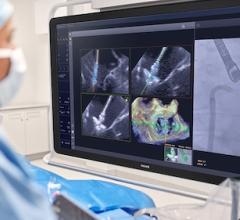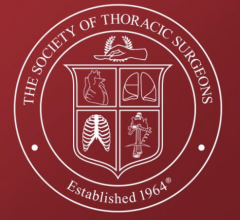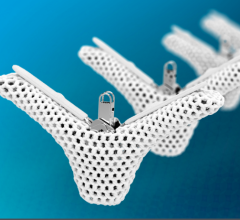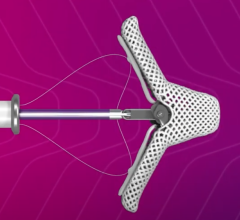
January 26, 2012 — Heart Hospital of Austin opened a heart valve clinic, the first of its kind in the region. The clinic gives new hope to patients with severe aortic stenosis who were previously considered inoperable, offering a multidisciplinary approach to evaluating such cases. Interventional cardiologists and cardiac surgeons at the clinic will collaboratively identify patients who may be eligible for a new, catheter-based valve replacement procedure -- transcatheter aortic valve replacement (TAVR) -- instead of traditional, open-chest procedures. Heart Hospital of Austin is among the first sites in the nation to receive this TAVR technology since the U.S. Food and Drug Administration (FDA) approved it in November 2011.
"This is truly a collaborative approach to valve replacement that will provide another option for patients who are not candidates for open-chest surgery due to advanced age, or because they are too ill or suffering from additional medical conditions," Faraz Kerendi, M.D., a cardiothoracic surgeon at Cardiothoracic and Vascular Surgeons, which practices at Heart Hospital of Austin, said. "Prior to this procedure … [patients] were often given only months to live."
Severe aortic stenosis is a condition in which the opening of the aortic valve becomes narrow, restricting blood flow from the heart.
"Over time, the valve can become calcified, preventing it from opening and releasing the blood properly," Juhana Karha, M.D., an interventional cardiologist at Heart Hospital of Austin and with Austin Heart, said. "Open-chest surgery is the traditional treatment method for this condition, but catheter-based valve replacement gives hope to patients who cannot undergo surgery for a variety of reasons."
Symptoms of severe aortic stenosis include chest pain and chest pressure. It can also cause blood to back up into the lungs, resulting in shortness of breath and other breathing problems. Left untreated, this condition is often fatal.
Transcatheter aortic valve replacement consists of inserting a valve — which has been developed to shrink down to the size of a pencil — through the groin via catheter, up to the aorta. After the catheter is advanced through the aorta and aortic valve, it is positioned and then opened with a balloon.
Transcatheter aortic valve replacement results in a shorter recovery time — one to two weeks, versus six to eight weeks for traditional surgery — and a much smaller incision. More importantly, it prevents the need for physicians to utilize a heart bypass machine. This new technology allows the patient's heart to beat on its own throughout the entire procedure.
The first transcatheter aortic valve replacement procedure is expected to take place in February.
For more information: www.hearthospitalofaustin.com, www.austinheart.com

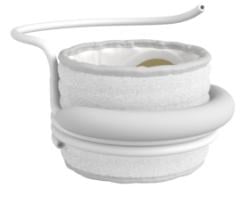
 December 24, 2025
December 24, 2025 
